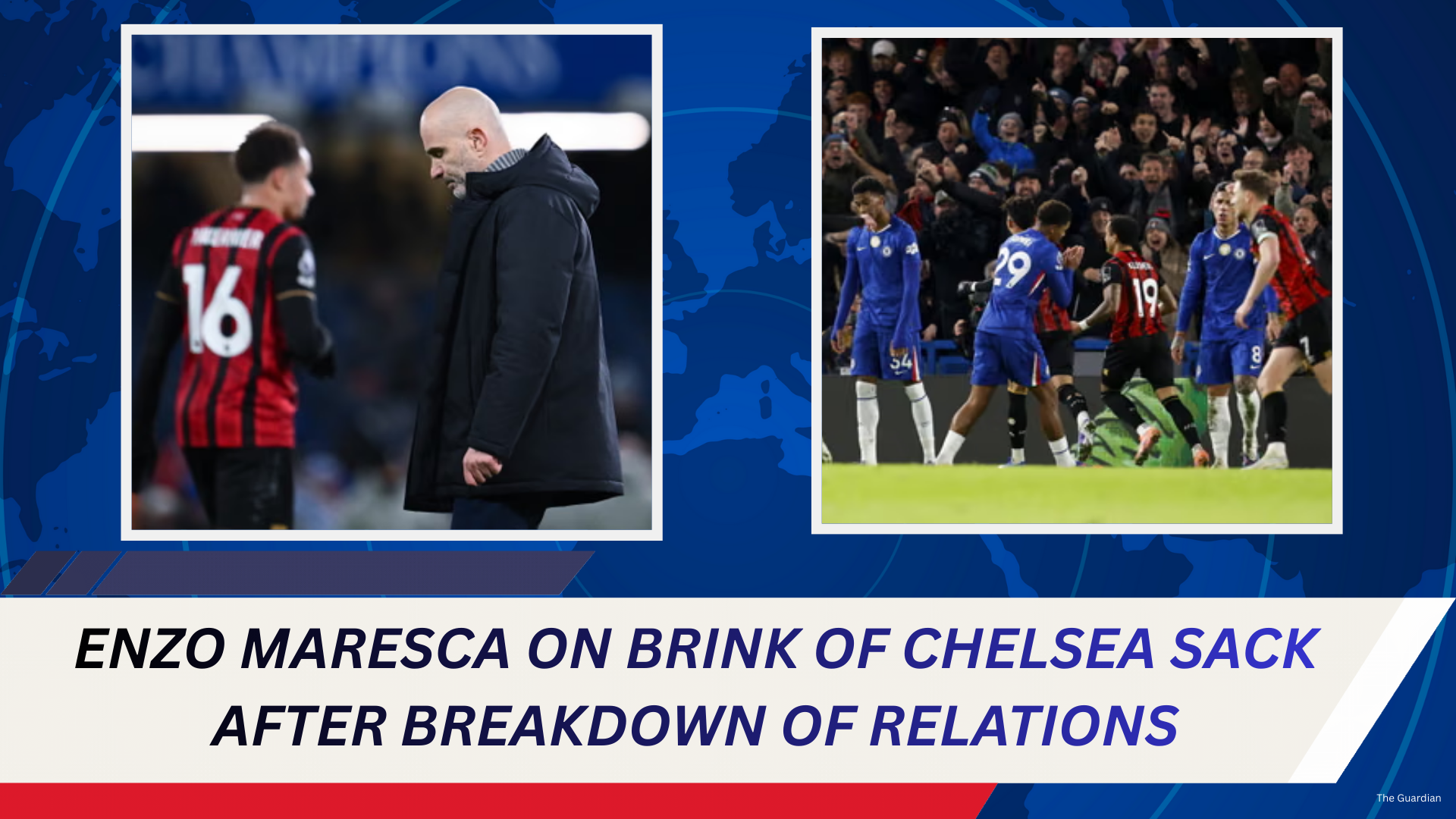Adrien Rabiot has come under fire from Serie A chief executive Luigi de Siervo after the AC Milan midfielder publicly criticized plans to play league matches overseas. Rabiot, 30, voiced his disapproval in a recent interview with French newspaper Le Figaro, calling the proposals “completely crazy” and “really absurd,” particularly highlighting the league’s plan to stage AC Milan’s match against Como in Perth, Australia, in February.
Rabiot also referenced similar plans in Spain, where La Liga clubs Villarreal and Barcelona are scheduled to face each other in Miami in December. “There’s a lot of talk about schedules and player health, but this all seems truly absurd. It’s crazy to travel so many miles for a match between two Italian teams in Australia. We have to adapt, as always,” Rabiot said, highlighting concerns over travel fatigue, player welfare, and the disruption to traditional domestic competitions.
At a Serie A assembly in Rome, de Siervo acknowledged Rabiot’s frustration but stressed that professional players must respect the decisions of their clubs.
“He’s right, but Rabiot forgets, like all footballers who earn millions of euros, that they are paid to carry out an activity, to play football. He should have respect for the money he earns, complying with the wishes of his employer, Milan, who accepted and pushed for this match to be played abroad,” de Siervo said.
UEFA’s Reluctant Approval
On Monday, UEFA confirmed that it had “reluctantly” approved two European league matches to be played outside of their home countries, a decision that has generated debate across the footballing community. UEFA President Aleksander Ceferin expressed his opposition to the trend, warning that moving domestic matches overseas risks undermining football’s connection to local communities, fans, and clubs.
“Football is not just about balance sheets. It’s not just entertainment. It’s life in our communities, the streets, the clubs and the fans which shape it. If we pull it too far away from those roots we risk breaking it,” Ceferin said during the European Football Clubs’ general assembly in Rome.
Ceferin further emphasized the social importance of football, especially during challenging times:
“In uncertain times, football is our anchor and gives us a common ground, a joy we can share. In good times and in bad, football is always there, reliable and lasting—always there. When Europe faces great political, economic, and social challenges, we need something that holds us together. Football has that power and we must preserve it.”
UEFA’s approval followed consultations with various stakeholders, which reportedly revealed a “widespread lack of support” for overseas domestic matches among fans, clubs, other leagues, players, and European institutions. However, UEFA cited ambiguities in FIFA’s regulatory framework as preventing them from outright blocking the matches. FIFA has established a working group to assess the implications of playing competitive domestic games abroad but has not yet issued enforceable regulations.
The European Super League Debate
The controversy over overseas matches also reignited discussions surrounding the European Super League, a breakaway concept first proposed in 2021 by twelve leading European clubs, including AC Milan, Inter Milan, Juventus, Real Madrid, Atletico Madrid, Barcelona, and six Premier League sides. The proposal faced massive opposition from fans, UEFA, and domestic leagues, leading to its collapse shortly after launch.
Ceferin reiterated UEFA’s commitment to inclusion and opposition to exclusive competitions:
“Europe sets standards in world football, and for that reason, we see attacks from outside to reshape the game. Change is part of football’s story—we know this very well—but lasting value comes only from unity, balance, and the strength of everyone, not just a few. UEFA will never and would not organize a competition for 12 clubs only. UEFA wants inclusion; wants that the dream stays alive. We will make sure our club football is inclusive and everyone has a chance to win the best competitions.”
The remarks highlight UEFA’s continued resistance to proposals that prioritize commercial gains over football’s traditions, competitive integrity, and accessibility to local supporters.
Balancing Commercial Interests and Tradition
Rabiot’s comments have sparked wider debate about player welfare and the commercialization of football. While clubs and leagues seek global audiences and commercial opportunities by staging matches overseas, players are often caught in the middle, balancing contractual obligations with concerns over excessive travel, fatigue, and injury risk. Rabiot’s outspoken stance has resonated with many players and fans, highlighting the tension between business interests and the sport’s roots.
De Siervo’s response reflects the contrasting perspective: that players, as highly-paid professionals, have a responsibility to comply with their employer’s decisions, even if they disagree with the broader strategy. This clash between labor and management, tradition and globalization, is becoming increasingly prominent as European football seeks to expand its reach in markets like North America, Asia, and Australia.
What’s Next?
As discussions continue, Serie A matches abroad are likely to remain a contentious topic in 2025 and beyond. Players, clubs, and governing bodies must navigate the fine line between promoting football globally and preserving the competitive integrity and cultural connection of domestic leagues. UEFA and FIFA’s future regulations may determine whether such overseas matches become a regular feature or remain exceptional events.
For now, the Rabiot debate underscores broader questions about the sport’s priorities: the role of commercial revenue, the respect owed to players, and the importance of connecting with local communities while expanding football’s global footprint.
%20(4).png)



.png)
.png)

.png)
.png)
